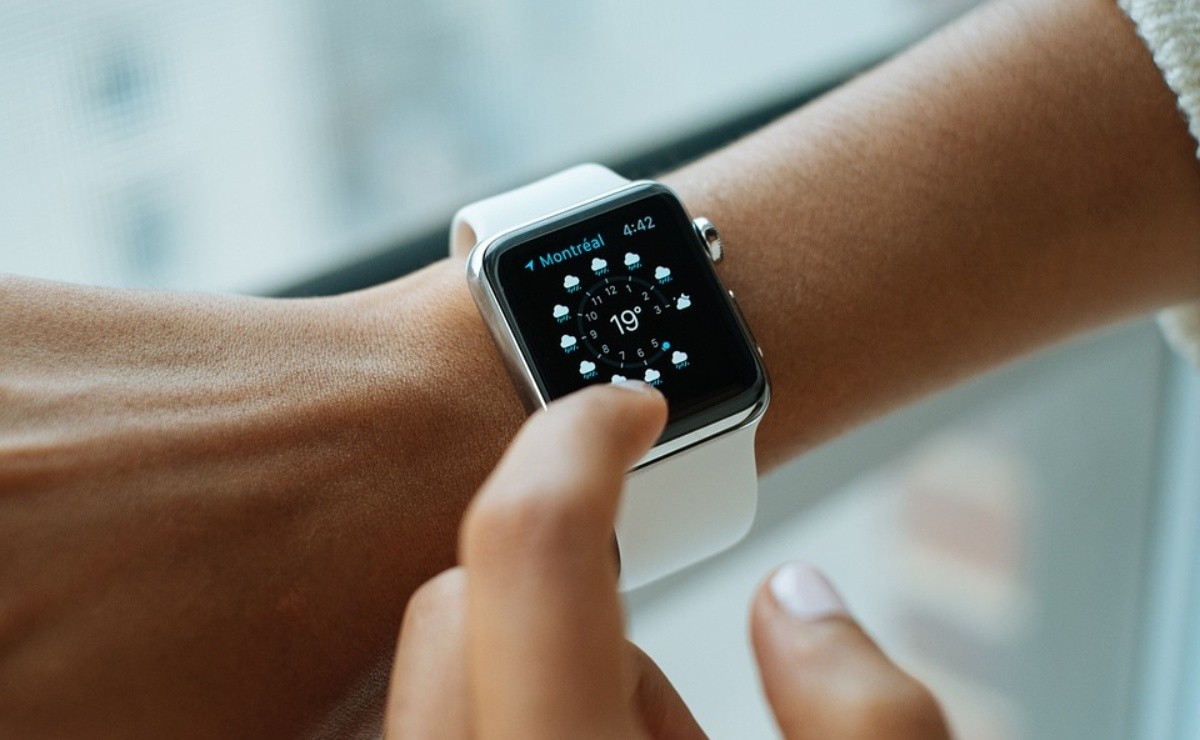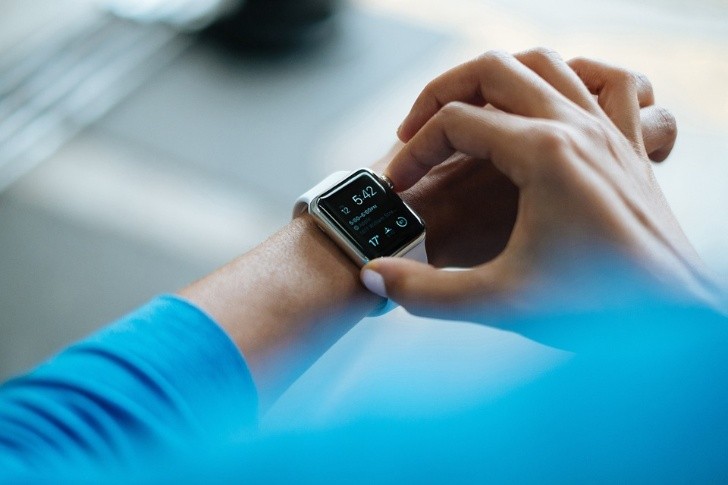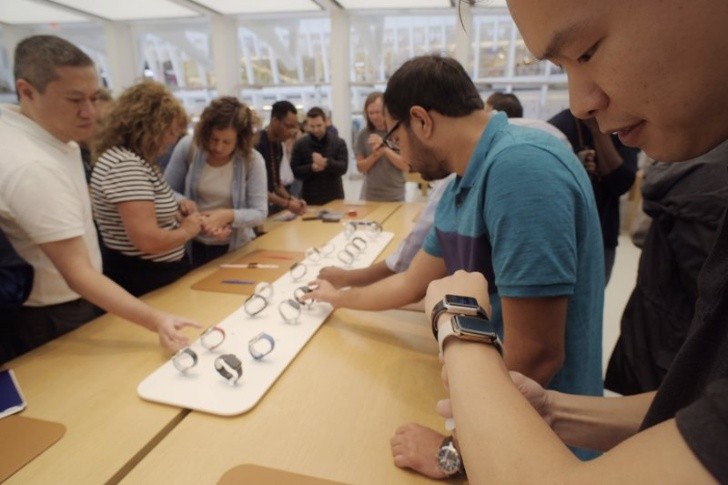
More than 419 thousand Apple Watch users signed up for the unusual study to detect heart problems
The Apple Watch is the first smartwatch created by the technology company Apple and now Apple Watch could detect heart problems but experts say more research is needed.
According to the study, it indicates that the Apple Watch can sometimes detect worrying arrhythmias and to know if the use of this device really helps in the detection of heart problems, more research is needed.
Apple Watch could detect heart problems
More than 419,000 Apple Watch users signed up for the unusual study to detect heart problems, making it the largest test to screen apparently healthy people for atrial fibrillation, a condition that if left untreated can eventually lead to strokes.

Researchers at Stanford University reported on Saturday that the Apple Watch didn’t scare many people, it only warned half of the participants – about 2,100 people might have a heart problem.
But even among those warned, "it’s not perfect," said Dr. Richard Kovacs of the American College of Cardiology, who was not involved in the study.
People receiving an alert had to consult with a study doctor remotely and then wear an EKG patch to measure their heart activity over the next week to determine the accuracy of the watch. Some did not complete the virtual evaluation but consulted with their own doctors; overall, about 57% sought medical attention.

Of those who used EKG monitors throughout part of the research, a third had atrial fibrillation, according to preliminary results being presented at the American College of Cardiology conference in New Orleans.
Atrial fibrillation tends to be intermittent, and a week of monitoring may not be enough to catch some cases, said Stanford lead researcher Dr. Mintu Turakhia. But if the watch detected another irregular heartbeat while someone was wearing the EKG patch, 84% of the time it was true atrial fibrillation.
"We think this study provides encouraging evidence that the device, the Apple Watch, can be used to detect atrial fibrillation and highlight when someone needs additional monitoring or testing," said Dr. Lloyd Minor, dean of the Stanford School of Medicine.
Other heart experts said the Apple-funded study indicated that testing with high-tech devices could eventually be feasible, but more study is needed.
"I would not recommend this to the general population," said Dr. Valentin Fuster, director of Mount Sinai Heart in New York and president of the American Heart Association, who was not involved in the study.